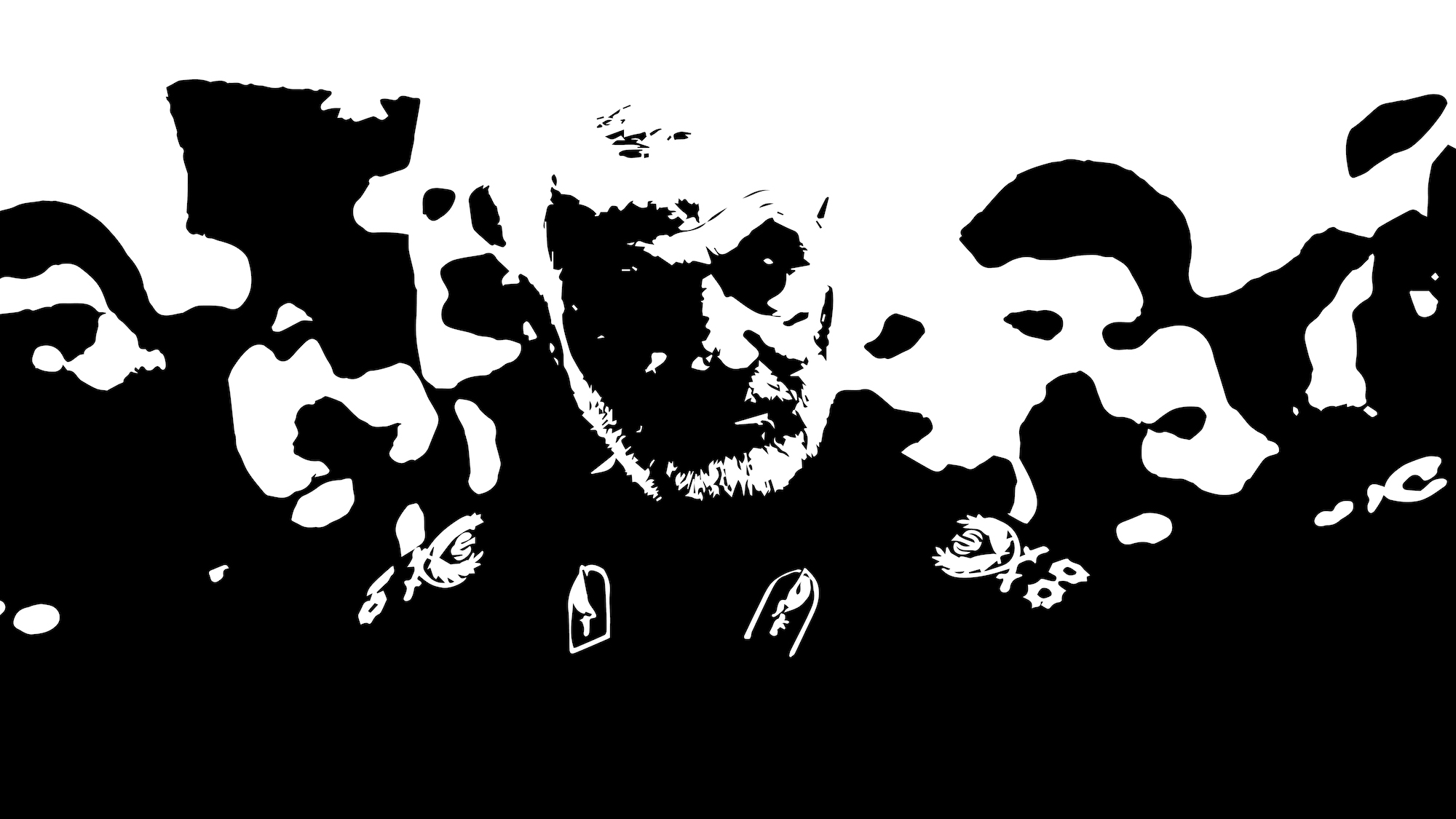When the US government calls someone a terrorist – as in the designation of Iranian Gen. Qassem Soleimani – it often means that person has been placed on a special list maintained by the Treasury Department. Yes, it’s an actual list. A huge database of names with identifying information like birthdays and national ID numbers.
The whole point of that list is to block financial flows. It chokes off the funds the terrorists need to carry out their dastardly plans. It’s a practical, non-violent tool of statecraft. The good folks at Treasury work really hard to ensure that the list is meaningful. After all, you want financial institutions, like banks, to have the information they need to freeze the right person’s money. You can’t put “John Smith” on the list without telling them which “John Smith” you mean.
There are also procedures in place for designees to petition the US government. If you get put on the list, you can appeal the decision. And, if you don’t like the outcome of your appeal, you can sue the US government. Consequently, the US will not put anyone on the list before a comprehensive legal justification is written. It’s all very civilized.
I used to write these justifications for terrorist designations. At no point when I was writing them did I think about the fact that we also have a drone program that kills terrorists. Yet, whenever there is a news report about a drone kill, outlets will almost certainly mention that the individual(s) were named as terrorists by the Treasury Department. For the public, this means that there’s been a conflation of the economic sanctions lists with drone kills for a while now. But, it’s not a good idea to conflate the two different processes. With economic sanctions, you still get to keep your money, you just don’t get to use it. The money sits in an interest-bearing escrow account. If it ever gets unfrozen, you get the interest too. You can even get permission from the US to use a little bit of that frozen money for living expenses so you can buy food or pay rent. After all, getting put on the Treasury list is not meant to kill you, it’s just meant to stop the use of funds for terrorist activity.
For the public, this means that there’s been a conflation of the economic sanctions lists with drone kills for a while now.
Whereas with the drone kills… well, those are meant to kill you. Obviously.
The process for how someone gets placed on a kill list is very opaque. The ACLU sued the Obama Administration for its kill list and didn’t get it. And, the ACLU is still suing for the Trump Administration’s rules for drone strikes and other killings. I would hazard to guess, though, that the same terrorist activity, that gets someone put on the Treasury list is also a factor in the decision to kill them with a drone. In a very real sense, getting put on the Treasury list helps to legally define someone as a terrorist in the eyes of the US government.
Whatever the kill list determination process is, the US government justifies these drone kills as part of the war on terror. The argument goes like this: members of al-Qaeda, ISIS, etc… are enemy combatants, and their deaths by drone are no different than deaths by assault rifle. They are casualties of war.
But, sometimes a drone kill is more than just an enemy combatant kill. Case in point: when a member of al-Qaeda also happens to be an American citizen. If an American terrorist is killed in a blazing gun battle with US troops, then it’s pretty clear he was a battlefield casualty. But, if he is killed with a drone strike, then one could argue his civil liberties were violated by denying him his right to due process. In that case, the US military served as judge, jury, and executioner without trial. In this example, we should all be worried about an erosion of civil liberties. The logic that drone kills = enemy combatant kills is too simple.
So, how do we frame the drone strike on Qassem Soleimani? Yes, Soleimani was on the special Treasury list. Yes, he was a bad guy and responsible for directing terrorist activity. Yes, we are at war with terrorism. But, Soleimani was also a high-ranking official of the government of Iran. This makes him more than just a casualty of war. And, it means the US government assassinated him — something we have committed not to do since 1976. It also means Americans are decidedly less secure today than they were before the assassination. There will be repercussions, some of which we can anticipate and some of which we cannot.
There are times when simply equating a drone kill to an enemy combatant kill makes Americans less safe, secure, and — dare I say — free. With Soleimani’s death, our current national security apparatus made a decision as if the assassination of a government official were business as usual. There will be lots of attempts in the coming days to distill this complex and nuanced situation into a straightforward war on terror scenario. Don’t fall for it.
Tara Drozdenko is the Managing Director of the Outrider Foundation.





















